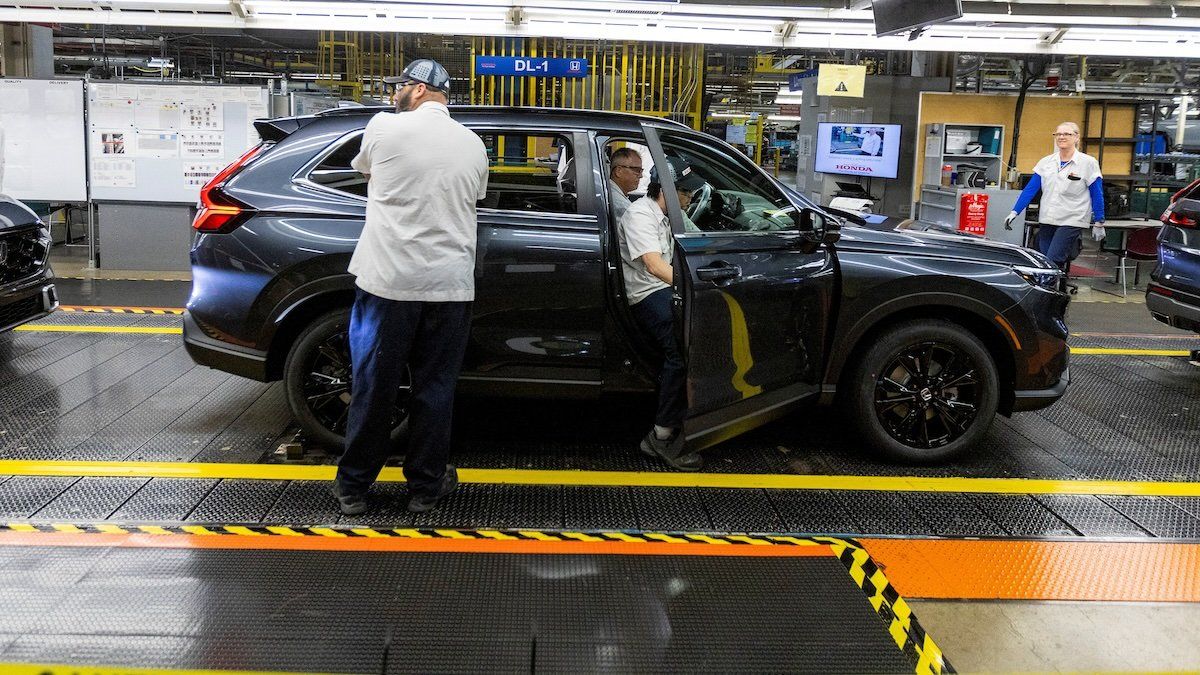Honda has announced an $11 billion plan to build electric vehicles in the Canadian province of Ontario, an investment Premier Doug Ford says will be the largest ever for Canada.
The plan includes four separate plant as part of an electric vehicle supply chain, including Honda’s first EV assembly line at its existing Alliston, Ont., facility. The new investment will create 1,000 full-time jobs and produce 240,000 vehicles a year if all goes well.
That follows similar pledges by battery producers Northvolt, Volkswagen, and Stellantis-LGES that take Ontario’s EV investment to more than $30 billion in the past year or so.
Federal and provincial governments have injected billions in subsidies to compete with President Joe Biden’s Inflation Reduction Act. But the recent cooling of enthusiasm for EVs in North America has some wondering if Canada has bought a very expensive lemon.
Deliveries in the US are flat, and in Europe, they have fallen 11% year on year. Tesla has just reported poor quarterly results and has seen its stock fall in recent months.
Others are calling for calm. “Honda does not make speculative term bets,” said Flavio Volpe, head of Canada’s Automotive Parts Manufacturers’ Association.
Bullish analysts point out that the market witnessed a post-pandemic spending spree that will come back, particularly if manufacturers close the 40-60% price gap between gas-powered cars and EVs.
In China, electric vehicles are now cheaper options on average, and producing for the mass market is the game plan for companies like GM and Honda.
If the price differential drops, the car makers are betting “the feel of the wheel will seal the deal.”


















